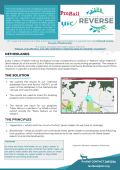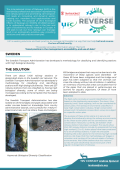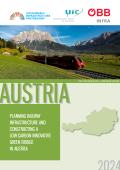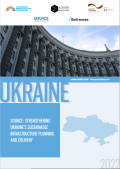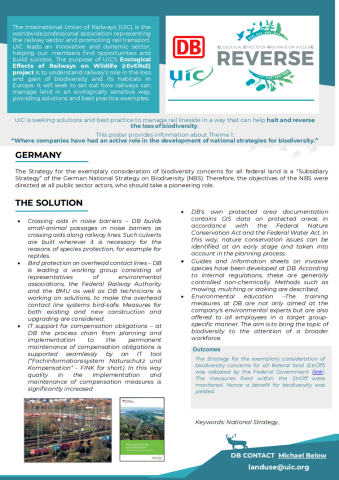
The "Ecological Effects of Railways on Wildlife" (rEvERsE) program, initiated by the International Union of Railways (UIC) in collaboration with a wide array of European stakeholders, is dedicated to finding effective solutions and identifying best practices for managing railway linesides. This initiative aims to not only halt the loss of biodiversity but also actively contribute to its reversal. The focus is on enhancing the ecological value of railway environments in a manner that supports wildlife and ecosystem health.
The following case study delves into both the theoretical approaches and practical implementations employed by Deutsche Bahn (DB) to address and mitigate their impact on biodiversity loss. This study explores the strategies and measures Deutsche Bahn has adopted to enhance its environmental stewardship, particularly focusing on preserving and improving biodiversity along its rail networks. The study showcases how Deutsche Bahn is striving to transform its operations and infrastructure to be more ecologically responsible and biodiversity-friendly.

